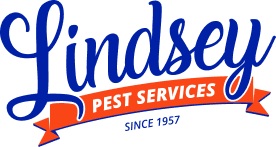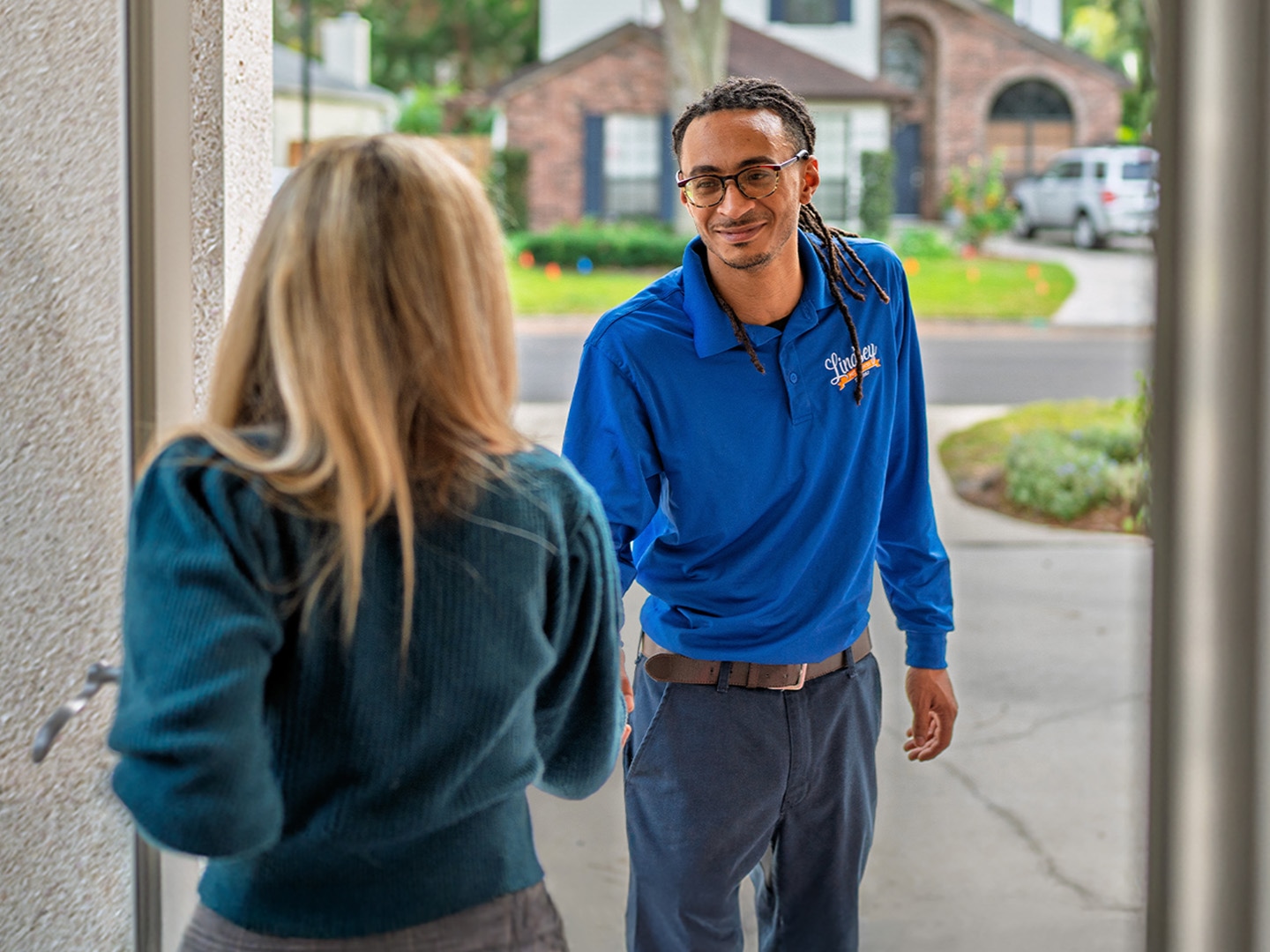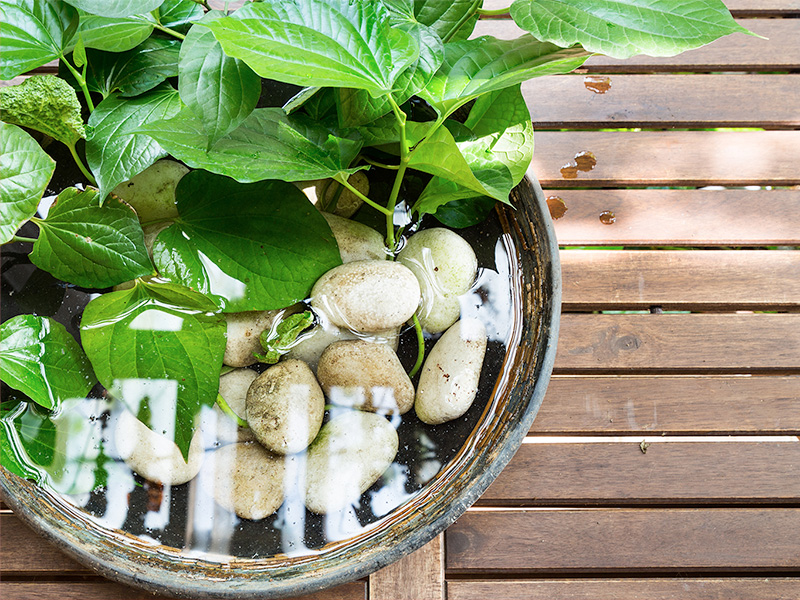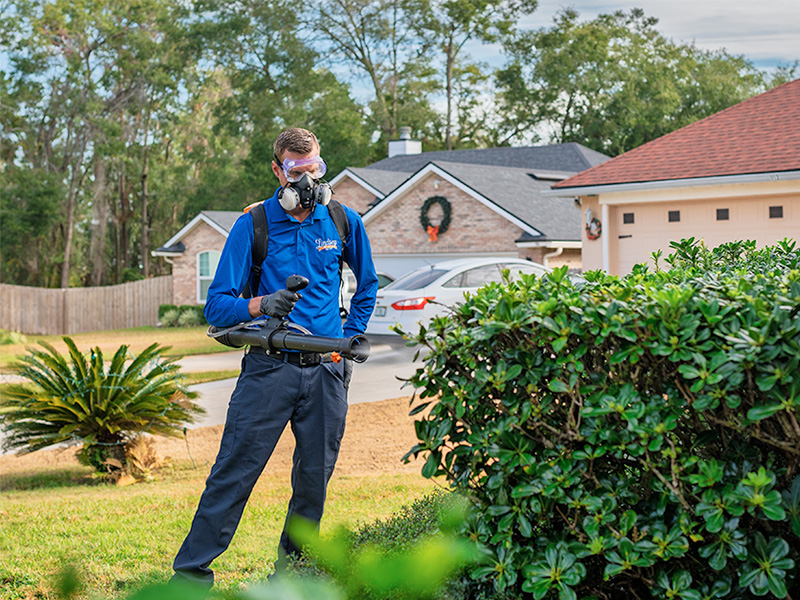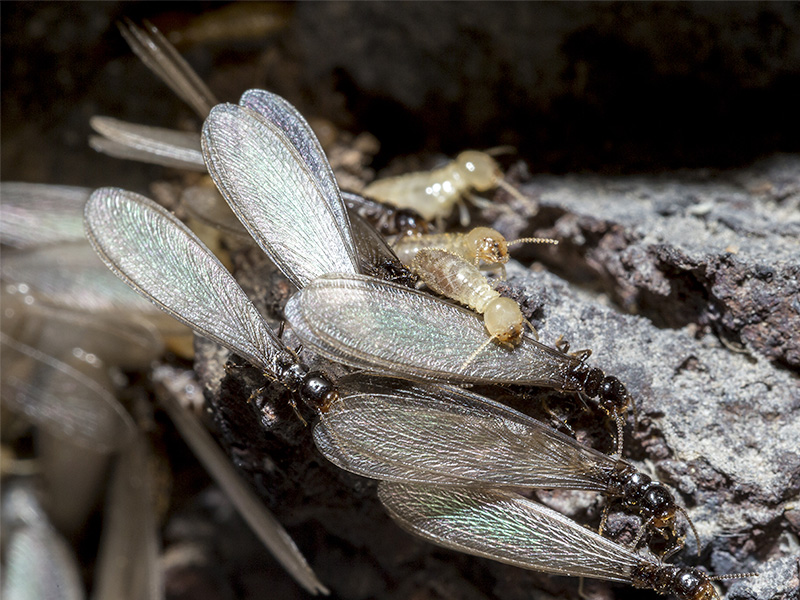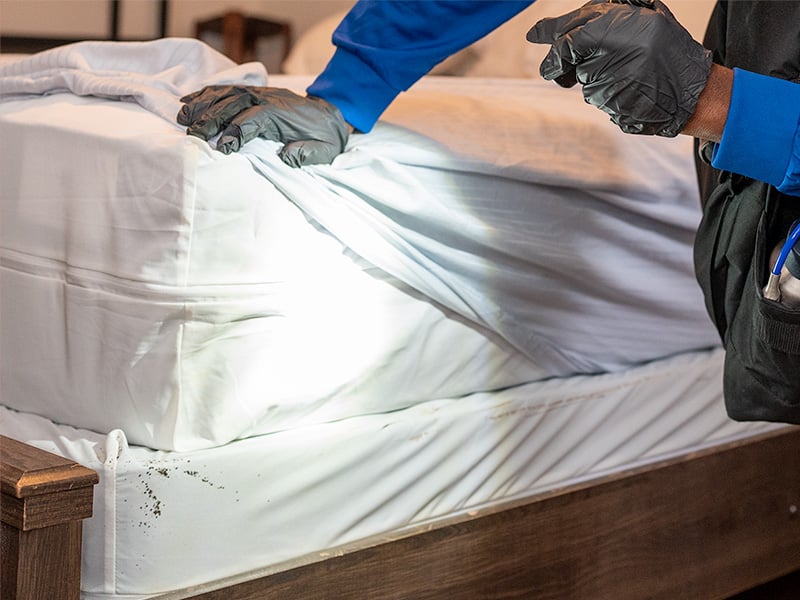Why Fleas Are Still Active In Florida
Nov 28, 2018
Living in Florida has a lot of perks. The weather never gets cold enough to keep us inside in the winter. We have the beautiful Gulf Coast on one side and the expansive Atlantic on the other. Our state is home to some of the best theme parks in the world.
But it’s not all great, all the time. The weather does get hot enough to keep us inside in the summer. Those theme parks can be ridiculously crowded if you go at the wrong time. And pests aren’t just a seasonal problem; they hang around all year.
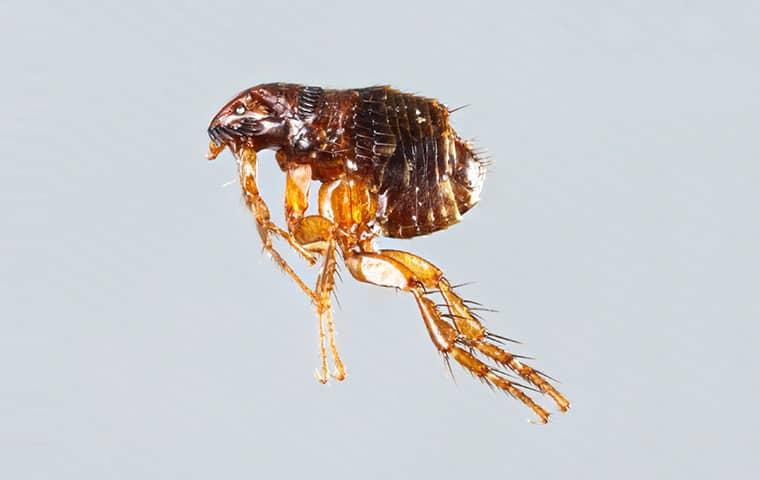
One pest that can cause problems in the fall, winter, spring, and summer is the flea. Fleas are tiny insects that range in color from yellow to dark brown. They cannot fly, but they are skilled jumpers, spanning up to 50 times their body length at a time.
Fleas will often enter your property by transporting in on wildlife, then dropping off onto your lawn. They often then jump onto your family members or a pet and come inside your home, or they simply jump inside themselves. Once indoors, they usually feel right at home, given their need for blood meals to survive. An inhabited home is the perfect place for fleas to thrive.
Unfortunately, if fleas get into your house, they can cause a lot of problems that you will want to avoid.
- They bite in order to feed. Often one of the first things you’ll notice when you have a flea infestation is the presence of random bug bites, usually around your ankles. They’ll also bite your pets. These bites are small, red, and very itchy.
- They can cause allergies. Some people are allergic to the bites and if severe enough, those allergies can cause respiratory illnesses or other issues.
- They can transmit tapeworm. Some fleas carry tapeworm and if the flea is accidentally ingested, they’ll pass it along to the pet or person who ingested it.
- They reproduce quickly. Even if you only bring one or two fleas into your house, you could easily end up with a large infestation in a short amount of time.
In order to avoid bringing fleas inside, take the following precautions:
- If you have pets, keep them up-to-date on a flea treatment.
- Make your property uninviting to wildlife. Don’t leave food sources, such as pet food or bird feeders, out. Keep the grass mowed and debris from trees and bushes picked up.
- Vacuum your carpets frequently.
- Wash your bedding, including pet bedding, regularly.
While these steps will help you keep the chances of a flea infestation low, if you already have fleas in your house, it’s best to have them professionally treated. DIY treatments are notoriously ineffective. Some simply don’t work. Others can be harmful to your family. Some work partially, but don’t take care of flea eggs and larvae that hide deep down in carpet fibers and bedding, so the problem will re-emerge later.
Professional flea treatment by Lindsey Pest Services will eradicate your flea problem at all stages of development, leaving your home flea free. Contact us for more information.
